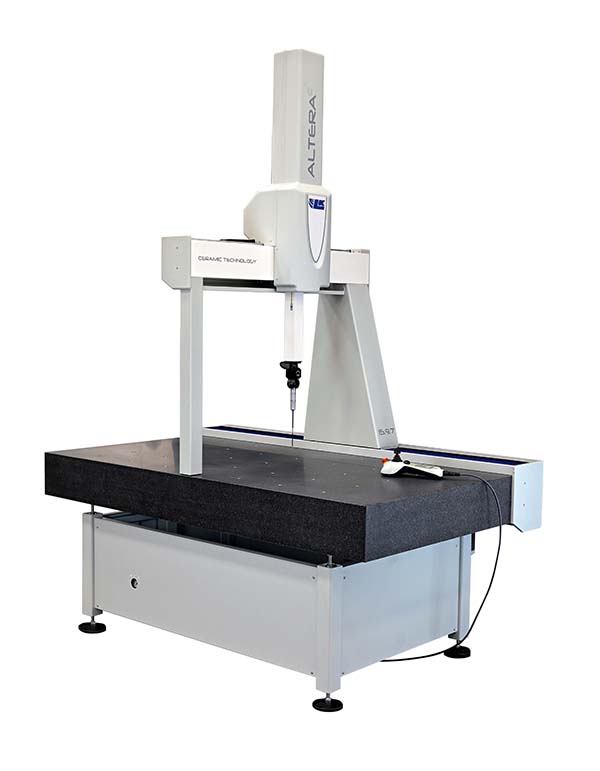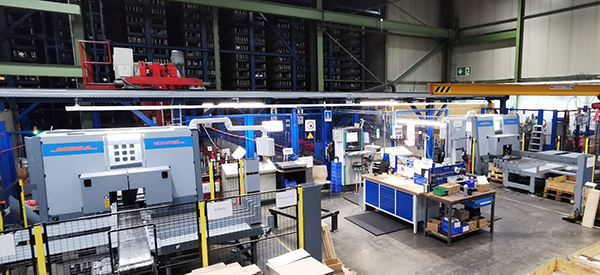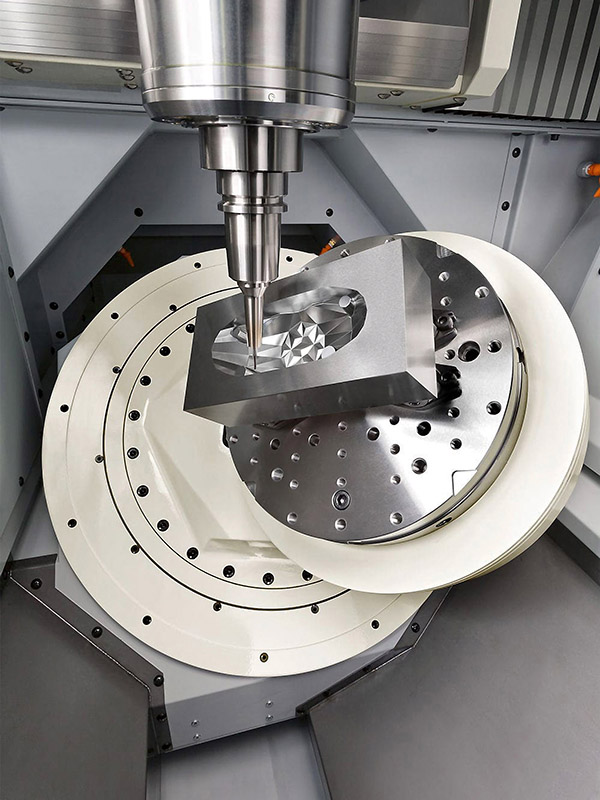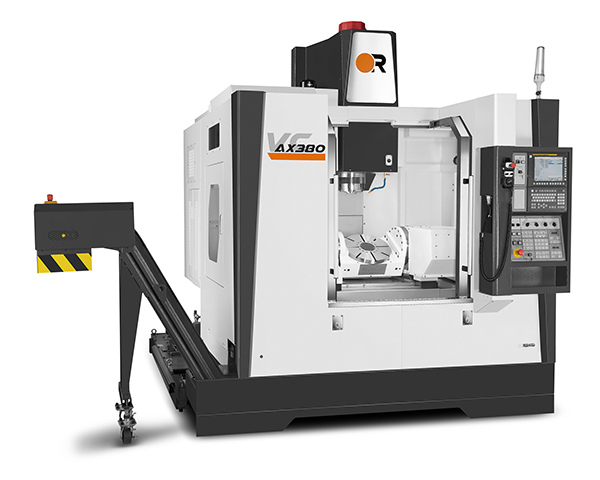
Meba has implemented one of the most complex projects in its company history: the sawing system at Günther + Schramm GmbH, a system service provider for steel, stainless steel and aluminium in southern Germany. In a tight planning phase of under one year, the two companies jointly developed and implemented a fully automated and digitised sawing system with roller conveyors, high-bay warehouse connection, short parts disposal and ground-breaking machinery innovations.
The starting point for the project was two outdated saw mills, a circular saw and a bandsaw, which were due for replacement. The very clear target from the customer’s side was: in principle, the process should remain the same as before, but output must significantly increase.
The high degree of automation and digitisation provided a clearly measurable increase in productivity possible for the steel distributor. In phase one, Meba evaluated the output quantity of the existing machines for two years: the new plant would be able to produce almost twice as much.
For Meba, the special features of this intensive project included the fully automatic system in conjunction with a high-bay warehouse, as well as the implementation of short parts disposal. The basis for the complete sawing system centres on two MebaMat 330 automatic machines. Both are technically identical, but arranged in a mirror image, left and right to each other. Orders generate automatically by work preparation via an SAP interface. Via networking and an interface, cutting values are also generated automatically, after which the integration of conveyor systems to the rack warehouse takes place.
Meba has complete access to all controllers, so that Günther + Schramm can be supported via modem in diagnostics and operation.
For further information
www.meba-saw.com
























